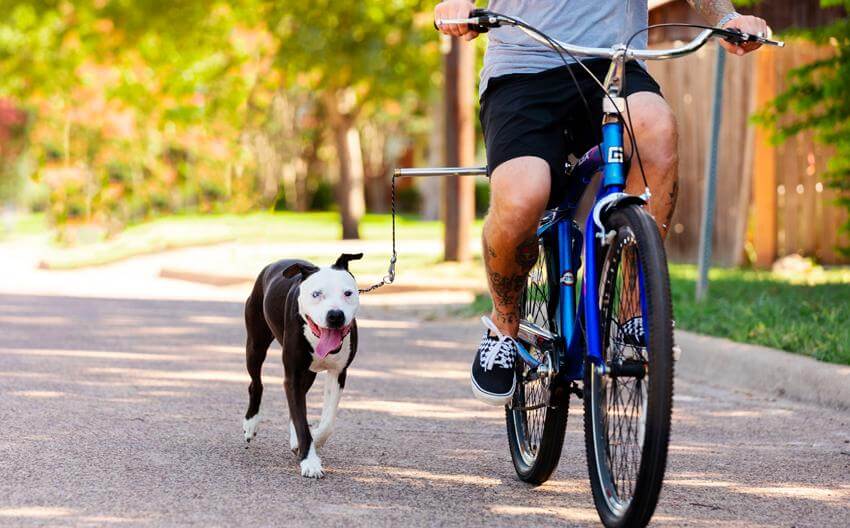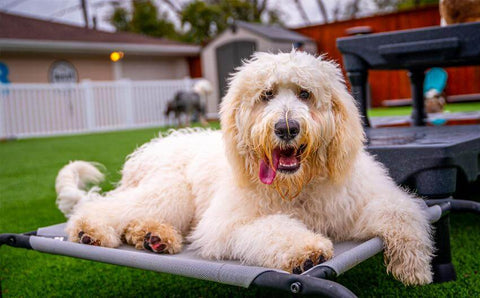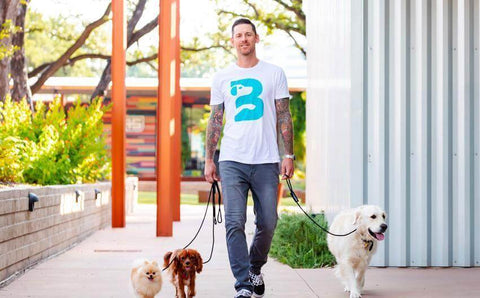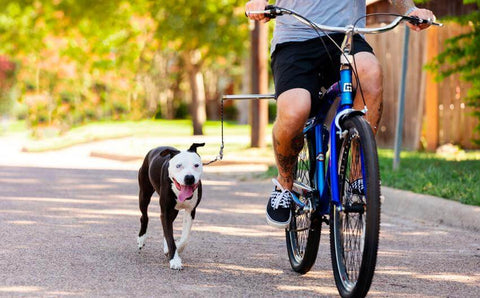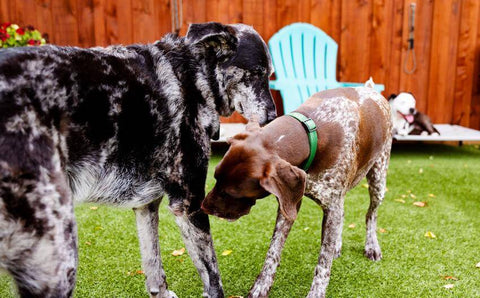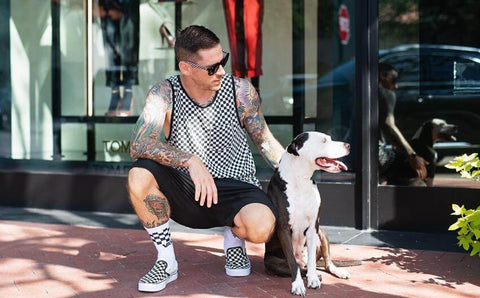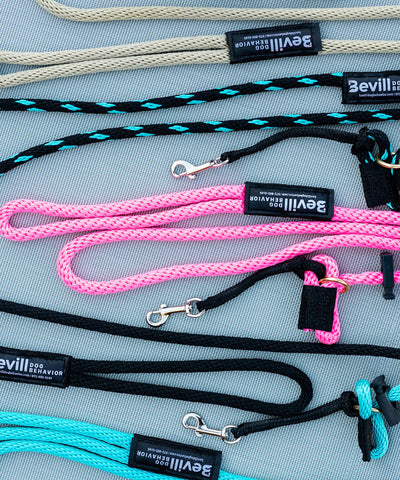You’ve heard the old saying: find something you love to do, and you’ll never work a day in your life. It illustrates the human need for fulfillment in our day-to-day lives and the struggle against working boring, meaningless jobs. Our work is central to our identity and our level of satisfaction with our life. We can imagine a life where we are fed, sheltered and looked after, with no need to work. It might sound nice on paper, but after a while sitting around and doing nothing would get old. Humans don’t just work for money; we work because it gives us a sense of purpose. Dogs are the same way; they need to work to be fulfilled.
Humans and dogs have been working together for over 20,000 years. Retrievers, herding dogs, hunting dogs, sled dogs, protection dogs...the list goes on and on. Back in the day humans lived closer to nature. We were ranchers, farmers, hunters, gatherers and explorers. Our dogs had clearly defined jobs that made them an essential part of our daily lives. Now most humans-and therefore most dogs-live in cities. We don’t have to travel to seek shelter, we don’t need to hunt for our own food. The jobs our dogs were programmed to work no longer exist. Meanwhile most of our city jobs aren’t exactly suitable for our dogs. Dogs make lousy yoga teachers or business managers. They’re bad at math and most of the good dog jobs aren’t hiring.
All jokes aside, dogs are programmed to work with us and make us proud – it brings them joy. In lieu of needing help herding our cattle or hunting our dinner we need to find other work for our dogs to do. Lucky for us, our dogs aren’t as picky about what their work is. We can create basically any “work” for our dogs, and they’ll be happy with it. It doesn’t need to be rigid or complicated, it can be a very simple job. We love to see retrievers retrieve, herders herd, and pointers point – and we see how happy those jobs make them – why don’t we give our dogs jobs at home?
What is the one thing all work has in common? No matter what the job, it always consists of a series of rules and is typically led by someone higher-up on the social scale. For example - the herding dog can’t just run off and chase the sheep. He has to stop when the rancher says stop, swing left, swing right, lay down, move forward, back up. The rancher is in control. And when the job is done, the feeling of accomplishment from both the rancher and the dog is a wonderful reward. Working together is an amazing opportunity and experience for both you and your dog.
For our purposes (since we’re not all on ranches with herding dogs), house rules can and DO = work. This means very simple things such as staying out of the kitchen while we’re cooking, giving distance/respect to food when it’s on the table/coffee table, requiring the dog to drop the ball at our feet and lay down during fetch, laying on the dog bed until invited to the couch, staying on the dog bed while we go to the restroom/another room, not jumping on humans when greeting, dropping the tug toy and waiting for the next invitation for tug, or waiting for directions when passing through a threshold. A walk with simple rules is also a great way to challenge your dog’s mind and lead your dog through their work.
It doesn’t matter what the job is, it matters how we lead them through it.
Remember, our goal is to always be the calm, confident leader our dog can look to for guidance. When we’re creating work for our dogs, we check all the boxes and provide our dogs with what they need to be fulfilled. Dogs want to work - we just need to let them do so.
A final note about work. The luckiest humans have jobs that reward us financially and emotionally. While dogs don’t care about money, they do understand rewards: affection, food, praise, playtime etc. It’s important that we provide the rewards, but we need to do so at the appropriate time, in the appropriate manner. We need our dogs to do the work we give them before they get paid for it. Simple enough?
<< Previous Article: How Do Dogs Communicate?Next Article: Who Is Your Dog? >>

